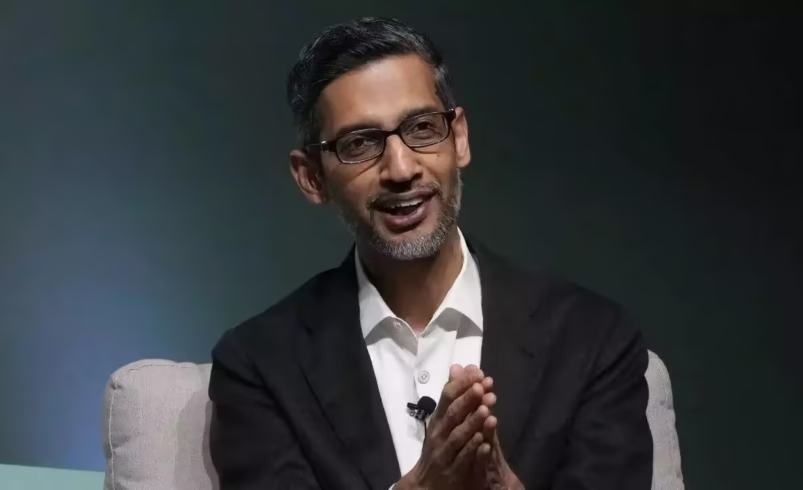Sundar Pichai applauds Googlers for 2025 Nobel Prize in Physics
- October 8, 2025
- 0

Google CEO Sundar Pichai has congratulated three scientists—Michel Devoret, John Martinis, and John Clarke—after they were awarded the 2025 Nobel Prize in Physics. The recognition marks a remarkable milestone for Google, representing its fifth Nobel laureate achievement within just two years.
Pichai expressed pride in the groundbreaking work of the physicists, whose contributions have been instrumental to Google’s progress in quantum computing. Michel Devoret currently leads hardware efforts at Google’s Quantum AI division, while John Martinis previously headed the same team. Their leadership has been central to advancing research that could one day make error-corrected quantum computers a reality.
The Nobel Committee recognized Devoret, Martinis, and Clarke for their pioneering research dating back to the 1980s. Their early theoretical and experimental work laid the foundation for modern quantum mechanics applications that underpin today’s rapidly evolving field of quantum information science. These discoveries have paved the way for more stable and scalable quantum systems capable of solving problems beyond the reach of classical computers.
This latest recognition further cements Google’s reputation as a hub for scientific innovation. Over the past two years, five individuals associated with the company have received Nobel Prizes across various disciplines—a testament to its commitment to pushing boundaries in both technology and fundamental science. The company’s investment in long-term research initiatives continues to yield results that extend far beyond commercial applications.
In his message celebrating the laureates, Pichai highlighted how their achievements reflect Google’s broader mission to advance human knowledge through technology and collaboration. He emphasized that breakthroughs like these are made possible by decades of dedication from researchers who combine curiosity with practical experimentation. His acknowledgment underscored not only corporate pride but also respect for scientific perseverance that transcends industries.
The award-winning work of Devoret, Martinis, and Clarke continues to influence global efforts toward building reliable quantum computers capable of performing complex computations with unprecedented accuracy. Their innovations are expected to accelerate progress toward error-corrected systems—an essential step for realizing quantum computing’s full potential in fields such as cryptography, materials science, and artificial intelligence.
The recognition of these scientists serves as both a personal triumph and a collective milestone for Google’s research community. As Pichai noted in his celebration, achievements like this highlight how collaboration between academia and industry can drive discoveries that shape future technologies while honoring decades of foundational inquiry into the nature of matter and energy.